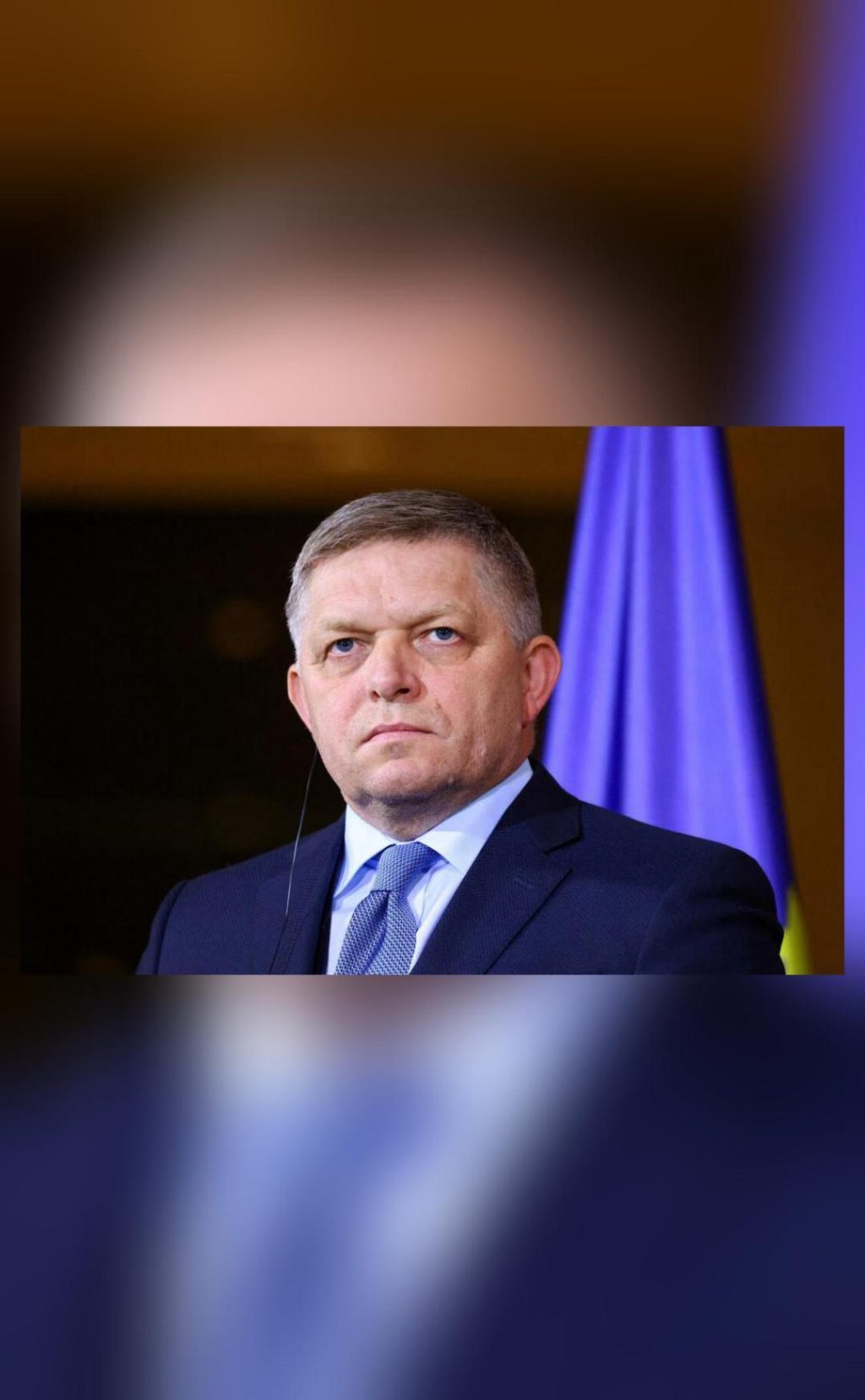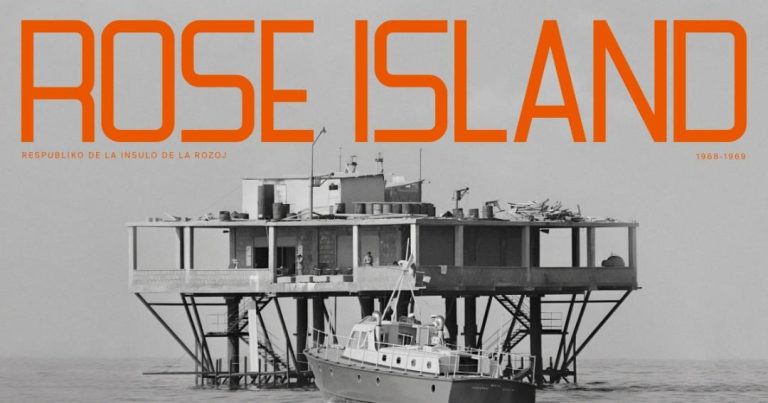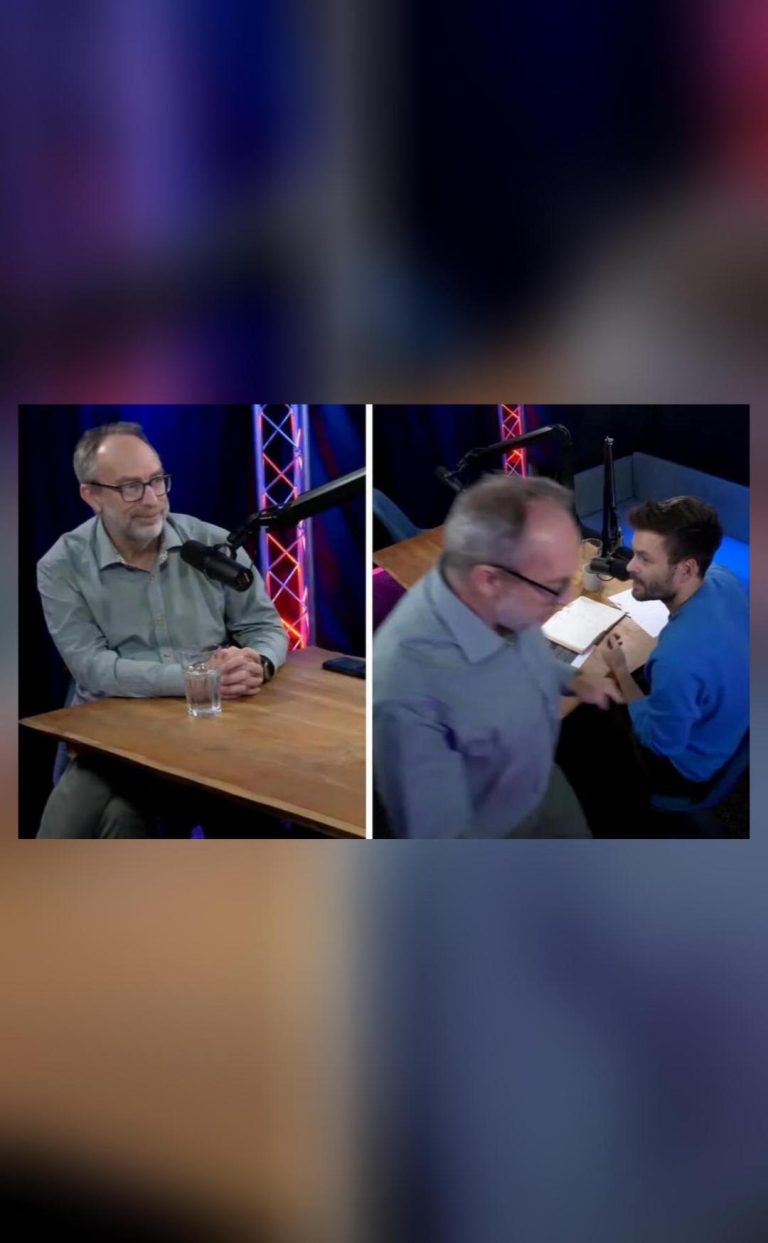
Won’t Vote for EU’s Sanctions on Russia if they Harm Us: Slovakia
The ongoing conflict between Russia and Ukraine has led to a plethora of discussions and debates about the imposition of sanctions on Russia. The European Union (EU) has been at the forefront of these discussions, with several member states advocating for stricter sanctions against Russia. However, not all EU member states are in favor of these sanctions, and Slovakia is one of them.
Slovakia’s Prime Minister, Robert Fico, recently announced that his country will block any EU sanctions against Russia that would harm Slovakia’s national interests. This statement comes on the heels of a parliamentary resolution approved by Slovakia’s parliament, which urged the government not to back any new sanctions on Russia.
Fico’s statement is a significant development in the ongoing debate about EU sanctions on Russia. Slovakia’s decision to block any sanctions that harm its national interests sends a clear message that not all EU member states are willing to blindly follow the EU’s lead on this issue.
So, what are the reasons behind Slovakia’s reluctance to impose sanctions on Russia? And what does this mean for the future of EU-Russia relations?
Slovakia’s Stance on Sanctions: A Brief Overview
Slovakia’s decision to block EU sanctions on Russia is not a new development. The country has been vocal about its opposition to the imposition of sanctions on Russia, citing concerns about the potential economic costs and the negative impact on its own national interests.
In recent years, Slovakia has been dependent on Russian gas imports, and the country has also been a major beneficiary of Russian investment in its economy. Slovakia’s opposition to EU sanctions on Russia is, therefore, largely driven by concerns about the potential economic costs of such sanctions.
Slovakia’s parliament has also been critical of the EU’s approach to the conflict in Ukraine. In a recent resolution, the parliament urged the government not to back any new sanctions on Russia, citing concerns about the humanitarian impact of the conflict in Ukraine.
The resolution also called for a more balanced approach to the conflict, one that takes into account the interests of all parties involved. This suggests that Slovakia is not opposed to EU sanctions on Russia per se, but rather wants to ensure that any sanctions imposed are proportionate and do not harm its own national interests.
Implications for EU-Russia Relations
Slovakia’s decision to block EU sanctions on Russia has significant implications for EU-Russia relations. The EU has been at the forefront of international efforts to pressure Russia to withdraw its troops from Ukraine and to implement a ceasefire agreement.
However, Slovakia’s opposition to EU sanctions on Russia may undermine these efforts and create divisions within the EU. The EU’s ability to impose sanctions on Russia is rooted in its collective decision-making process, and Slovakia’s refusal to support these sanctions could undermine the EU’s ability to act collectively.
Furthermore, Slovakia’s decision may also have implications for the future of EU-Russia relations. The EU has been critical of Russia’s actions in Ukraine, and the imposition of sanctions has been seen as a way to pressure Russia to change its behavior. However, Slovakia’s opposition to these sanctions may suggest that the EU’s approach to the conflict is not working and that a more nuanced approach is needed.
What Does the Future Hold?
The future of EU-Russia relations is uncertain, and Slovakia’s decision to block EU sanctions on Russia is just one of the many factors that will shape the future of these relations. The EU has been critical of Russia’s actions in Ukraine, and the imposition of sanctions has been seen as a way to pressure Russia to change its behavior.
However, Slovakia’s opposition to these sanctions suggests that the EU’s approach to the conflict is not working and that a more nuanced approach is needed. The EU may need to consider alternative ways to address the conflict, such as through diplomatic efforts or economic incentives.
In conclusion, Slovakia’s decision to block EU sanctions on Russia is a significant development in the ongoing debate about EU-Russia relations. The country’s opposition to these sanctions is driven by concerns about the potential economic costs and the negative impact on its own national interests.
While Slovakia’s decision may create divisions within the EU, it also highlights the need for a more nuanced approach to the conflict in Ukraine. The EU may need to consider alternative ways to address the conflict, such as through diplomatic efforts or economic incentives.
As the situation continues to unfold, it will be interesting to see how Slovakia’s decision plays out and what implications it has for EU-Russia relations.
News Source:






